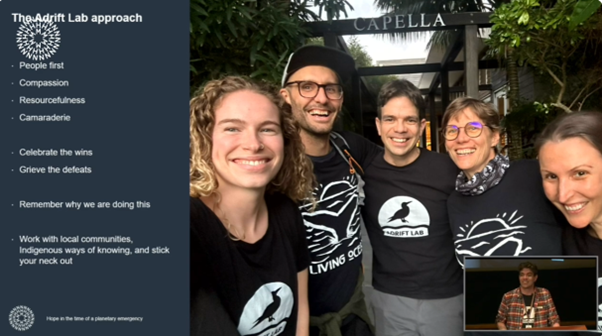The Importance of Collecting Baseline Data
Data collection is integral to the scientific process, and every member of Adrift Lab is aware of the importance of collecting accurate data to produce meaningful analysis. Members of Adrift Lab often set their alarms for 4:30am on their weekends so they can travel to remote areas in northern Tasmania to participate in bird banding.
Bird banding is a data collection process practiced by scientists and ornithology enthusiasts alike. It involves tagging birds, and measuring and recording baseline biological data. Adrift Lab members regularly accompany Tasmanian citizen scientist Geoff on bird banding trips in the north of the state.
As Geoff notes in the video above, it’s much easier to manage populations when you have long-term baseline data for analysis before species become threatened or endangered. You can only determine the magnitude and time frame of changing population data when you have a strong starting point for comparison.
“It’s not much good looking at forty-spotted pardalotes when they’re endangered if you don’t know much about the biology of pardalotes”
— Geoff, Tasmanian Citizen Scientist
Whether you’re looking at population dynamics of birds, accumulation of plastic on untouched shores, the impacts of anthropogenic pollution on wildlife, or any topic of scientific research, data collection is the foundation upon which good research is built.
Subscribe for updates
Keep up to date with what we’re working on! We’ll send you emails about the lists you opt in to, and you can unsubscribe at any time.





